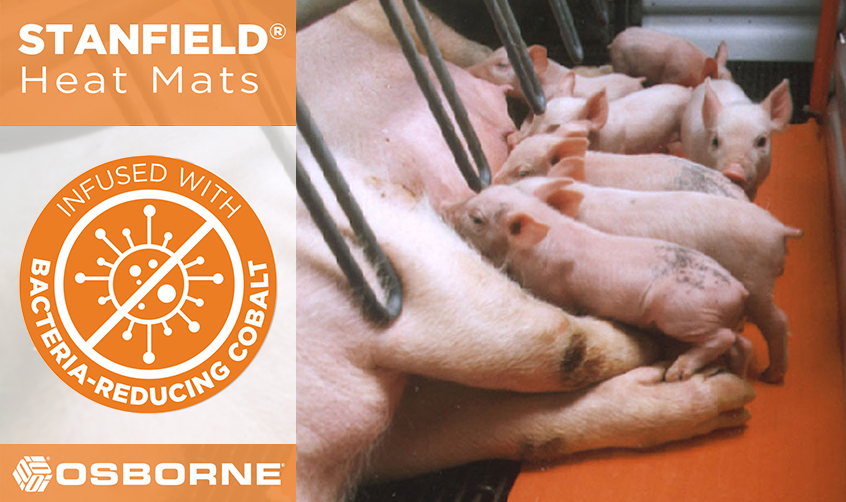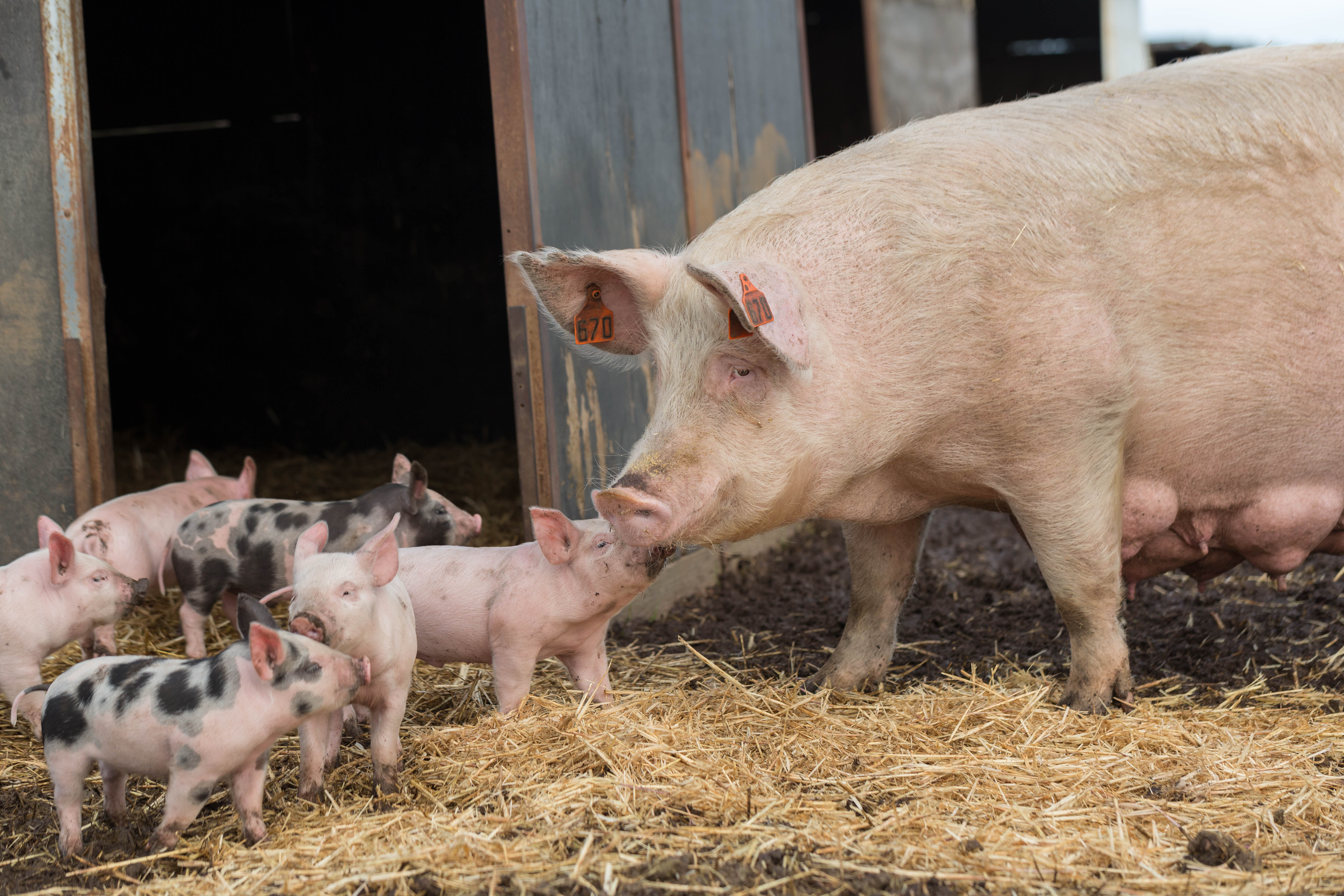



WAP study shows that American consumers are becoming more aware of pig welfare
Research from World Animal Protection and Crate Free Illinois finds that a majority of pork buyers in the US show concern for pig welfare and hold retailers responsible for what many see as objectionable practices.Across different incomes, genders, age or race, many regular pork buying Americans (defined as those who purchase pork at least 2-3 times per month) find the use of gestation crates on pregnant pigs (66 percent) and the practice of tailing docking on piglets (53 percent) objectionable.
These findings, and other key sentiments, are from a recent survey of over 2,000 US adults conducted by The Harris Poll on behalf of World Animal Protection, a global animal welfare non-profit organisation, and farmed animal welfare non-profit, Crate Free Illinois. The survey examined opinions and buying behaviours around common practices used by pork producers and showed concern around farmed animal welfare runs high and is not limited to one type of buyer.
According to the survey, gestation crates are seen as unacceptable by two-thirds of Americans (66 percent), and a strong majority (73 percent) are more likely to buy pork products from companies committed to ending their use than from one that is not.
Tail docking is also seen as unacceptable by just over half (56 percent) of Americans, and 62 percent of Americans think retailers and restaurants have a responsibility to ensure the cutting of piglet tails is not done by their pork producers.
These findings sound a cautionary alarm to retailers that they can better serve their pork customers, and improve brand perception, by committing now to end the use of gestation crates and tail docking.
“In fact, a majority of regular pork buyers are more likely to change buying behaviour based on a company’s commitments. The pork industry has continued to fight unsuccessfully against the protections for pigs set by Proposition 12 in California. But this survey clearly shows that demand for stronger protections is not unique to California or any one region; the country as a whole will no longer accept these cruel practices.”
"This survey teaches us that the desire for more humanely raised pork products is important to shoppers across many income levels and backgrounds, and they're willing to change their buying behaviour accordingly," said Jessica Chipkin, Founder and President of Crate Free Illinois.
"This is an important learning for the cost-conscious retailers who are slow to commit to ending these practices because they feel it is not relevant for their customer base. We've long felt that eating more humanely raised products should not be a privilege reserved for higher income groups. Hopefully, these findings motivate more retailers to mandate their pork suppliers meet higher animal welfare standards."











